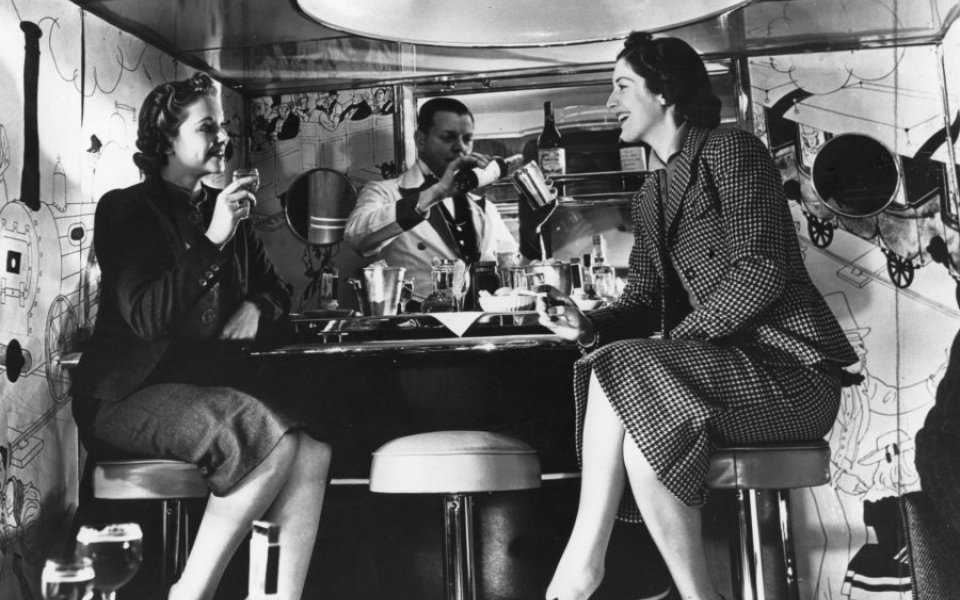Bar Standards Board report reveals that complaints process might favour women but does not show any bias on racial grounds

The system for dealing with complaints about barristers may slightly favour women, a report released today by the Bar Standards Board (BSB) has discovered.
The report, which was carried out to assess the fairness of the BSB's complaints handling process, revealed that complaints about female barristers were less likely to be referred for disciplinary action than those regarding their male counterparts.
However, the report, which also studied the effect of ethnicity on the complaints system, discovered that there was no obvious bias in favour of either white barristers or black or minority ethnic (BME) barristers.
"It is pleasing that the report indicates there is no significant difference in complaints handling between BME and white barristers, however it is an area we will continue to monitor," said Sara Jagger, director of professional conduct, BSB. "We do, however, need to look more carefully at the new findings in relation to the potential issue of gender bias and ensure that we take action to address this.
"Nevertheless, the report shows the public and the profession that they can have confidence in the fairness of our complaints-handling process."
In light of its findings, the BSB is pledging to further anonymise the complaint handling process so as to get rid of any indication of a barrister's gender in assessment reports, unless it is directly relevant to the complaint.
Read more: Business is the most accessible high powered profession
The BSB has already removed names from reports to remove the risk of unconscious bias from assumptions being made about the barrister's ethnicity.
Diversity is fast becoming a hot topic among legal eagles. A report released last year from the Sutton Trust and PRIME – an alliance of more than 80 UK law firms and legal departments, set up to offer work experience to young people from less privileged backgrounds – discovered that nearly three-quarters (74 per cent) of top judges received a private school education, compared with just seven per cent of the UK population overall.
Meanwhile, a study released last October by the BSB showed that while many chambers were genuinely interested improving diversity among their barristers, the sheer number of high-quality applications they received for positions meant there was little incentive for them to widen the net.